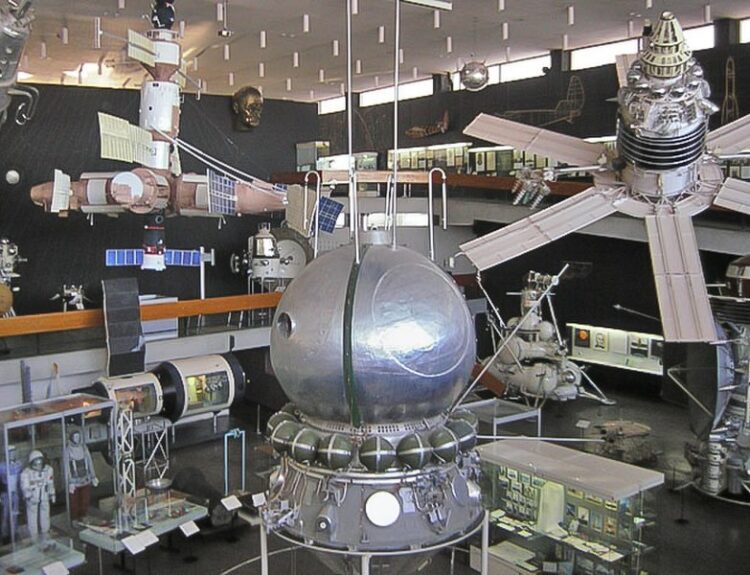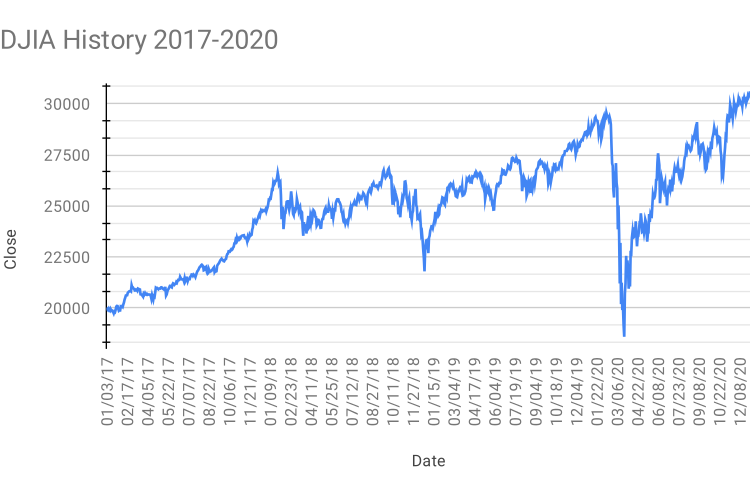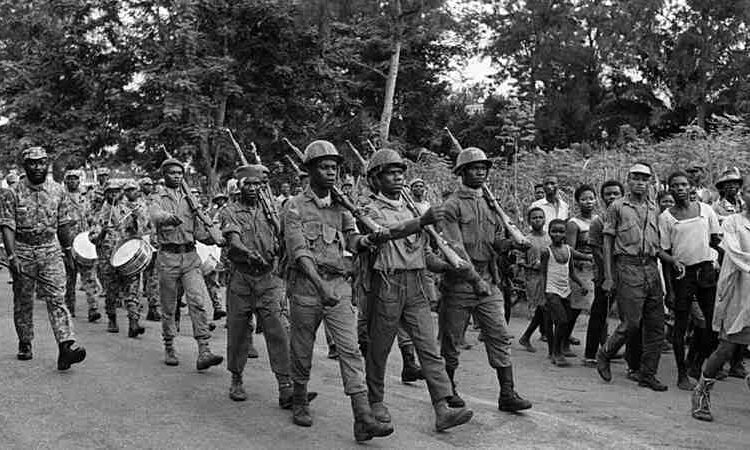Revolutionizing supply lines to ensure readiness in a contested region.
- U.S. Marines are conducting training exercises in Australia to enhance logistics capabilities.
- The focus is on establishing portable refueling stations close to front lines.
- The U.S. military is expanding its presence in the Pacific to deter Chinese aggression, particularly regarding Taiwan.
- Logistical challenges include protecting supply lines from potential Chinese attacks.
- New strategies involve using drones and unmanned vehicles for supply delivery.
- Legislation is being proposed to assess and improve logistics capabilities in the Indo-Pacific.
In the remote Australian Outback, U.S. Marines are honing their logistics skills through training exercises aimed at improving supply lines in the Pacific. Recently, they unloaded supplies from tilt-rotor Osprey aircraft and set up portable fuel stations to ensure that aircraft can refuel and rearm without returning to distant bases. This initiative is part of a broader strategy to deter potential military actions from China, particularly concerning Taiwan. nnThe U.S. military is increasing its presence in Australia to levels not seen since World War II, recognizing that maintaining supply lines is crucial in a region where logistics can be contested. General James Rainey highlighted the challenges posed by the vastness of the Pacific Ocean and the need for effective logistics to support front-line units on remote islands. nnRecent conflicts, such as the war in Ukraine, have shown how quickly logistics points can be targeted and destroyed, prompting the U.S. to rethink its military logistics in light of new threats. China’s advancements in military technology, including long-range missiles and cyber capabilities, pose significant risks to U.S. supply lines. nnLawmakers are responding to these challenges, with a new bill requiring the Pentagon to assess logistics capabilities in the Indo-Pacific. U.S. military officials are actively seeking to enhance their logistics systems by gaining access to more bases, prepositioning supplies, and collaborating with allies. nnInnovative solutions are being explored, such as using drones for supply transport and alternative energy sources to reduce logistical burdens. The Marines are also reorganizing to operate in smaller, mobile units that can evade detection while maintaining supply lines. nnDespite some challenges during training, such as equipment malfunctions, the Marines are making progress in ensuring they are prepared for potential conflicts in the Pacific. Continuous improvements in logistics capabilities are essential for maintaining U.S. military readiness in this strategically important region.·
Factuality Level: 8
Factuality Justification: The article provides a detailed account of U.S. military logistics and training exercises in Australia, focusing on the strategic implications of these operations in the context of U.S.-China relations. While it presents factual information and quotes from military officials, there are moments where the language could be seen as slightly sensational or biased towards a particular narrative about U.S. military readiness. However, the overall reporting is well-researched and relevant to the topic.·
Noise Level: 8
Noise Justification: The article provides a detailed analysis of the logistical challenges faced by the U.S. military in the Pacific, particularly in the context of potential conflict with China over Taiwan. It discusses the strategic importance of Australia, the need for innovative logistics solutions, and the implications of these challenges on military operations. The article is well-supported by quotes from military officials and experts, and it stays focused on the topic without unnecessary filler. However, it could benefit from more actionable insights or solutions.·
Private Companies: Heritage Foundation,Center for Strategic and International Studies,Asia Group,Rand,Center for a New American Security
Key People: Gabriel Castillo (Staff Sgt.), James Rainey (General), Dakota Wood (Chief Executive at Hot Gates), Abraham Denmark (Former Senior Adviser to U.S. Defense Secretary), Colin Smith (Senior International and Defense Researcher at Rand), Matthew Comer (Cmdr. and Spokesman for U.S. Indo-Pacific Command), Brian Mulvihill (Col. and Commanding Officer of Marine Detachment in Australia), Stacie Pettyjohn (Senior Fellow and Director of Defense Program at Center for a New American Security), Aaron Angell (Col. and Lead for Developing Logistics Capabilities and Concepts at the Marines)
Financial Relevance: Yes
Financial Markets Impacted: The article discusses U.S. military logistics and strategy in the Pacific, which could impact defense contractors and companies involved in military supply chains.
Financial Rating Justification: The article focuses on military logistics and strategies that could affect defense spending and contracts, which are relevant to financial markets, particularly those related to defense and military operations.·
Presence Of Extreme Event: No
Nature Of Extreme Event: No
Impact Rating Of The Extreme Event: No
Extreme Rating Justification: The article discusses military logistics and preparations in the Pacific but does not report on any extreme event that occurred in the last 48 hours.·
Move Size: No market move size mentioned.
Sector: All
Direction: Neutral
Magnitude: Medium
Affected Instruments: No
 www.wsj.com
www.wsj.com 





